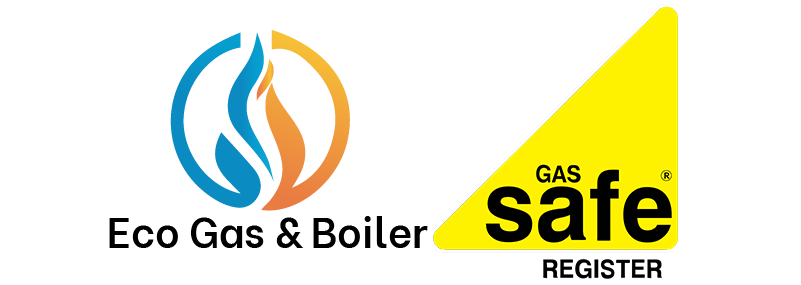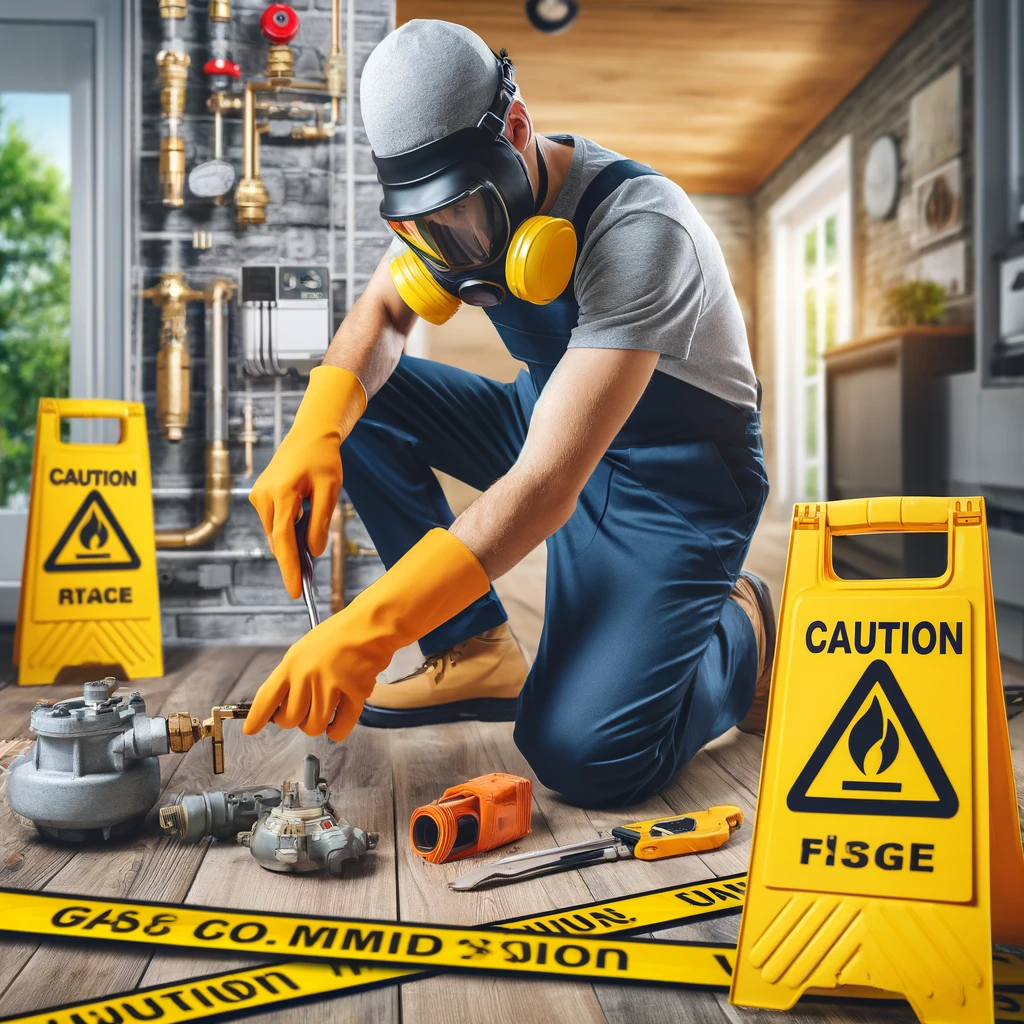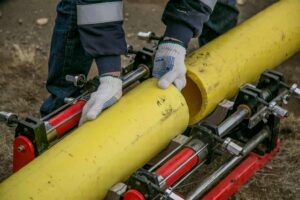Gas leaks are serious safety hazards that can lead to catastrophic consequences if not handled properly. In this comprehensive guide, we delve into everything you need to know about managing an emergency gas leak, from detection to prevention and response.
Signs of an Emergency Gas Leak
Recognizing the signs of a gas leak is crucial for your safety and that of your household. Common indicators include:
- Smell of Gas: The distinct odor of rotten eggs is added to natural gas for easy detection.
- Hissing Sound: A hissing or whistling sound near a gas line indicates a potential leak.
- Dead Vegetation: Unexplained dead patches of grass or plants near gas lines.
- Bubbles: Bubbles forming in standing water or wet areas near gas pipelines.
- Physical Symptoms: Dizziness, headaches, nausea, or fatigue experienced by residents.
Immediate Steps to Take During a Gas Leak
When you suspect a gas leak, prompt action is essential to prevent harm. Follow these steps:
- Evacuate the Area: Leave the premises immediately and ensure all occupants are evacuated.
- Avoid Using Electronics: Do not use any electronic devices, including phones, as they can spark.
- Do Not Ignite Flames: Avoid lighting matches, candles, or any flame sources.
- Ventilate the Area: Open windows and doors if safe to do so to disperse the gas.
- Contact Emergency Services: Call your gas company or emergency services from a safe location.
How to Prevent Gas Leaks in Your Home
Prevention is the best defense against gas leaks. Implement these measures to minimize risk:
- Regular Inspections: Schedule annual inspections of your gas lines and appliances by certified professionals.
- Install Gas Detectors: Place gas detectors in key areas of your home to alert you to leaks.
- Maintain Appliances: Ensure that gas appliances are well-maintained and promptly repair any faults.
- Educate Your Household: Make sure all household members know the signs of a gas leak and emergency procedures.
Understanding the Causes of Gas Leaks
Gas leaks can occur due to various reasons. Understanding these can help in preventing future incidents:
- Corrosion: Over time, gas pipes can corrode, leading to leaks.
- Poor Installation: Incorrect installation of gas lines or appliances can result in leaks.
- Damage to Gas Lines: Physical damage from construction or natural disasters.
- Aging Infrastructure: Older gas lines are more prone to leaks.
Emergency Response and Safety Protocols
In the event of a gas leak, having a well-prepared emergency response plan can save lives:
- Emergency Kit: Keep an emergency kit that includes a flashlight, first aid supplies, and important phone numbers.
- Evacuation Plan: Establish and practice a clear evacuation plan with your family.
- Communication Plan: Ensure you have a way to communicate with all family members during an emergency.
What to Expect When Professionals Arrive
When emergency services or gas company professionals arrive, they will:
- Assess the Situation: Conduct a thorough assessment to locate and identify the leak.
- Shut Off Gas Supply: Turn off the gas supply to prevent further leakage.
- Repair the Leak: Perform necessary repairs to fix the leak.
- Ensure Safety: Test the area to ensure it is safe before allowing residents to return.
Long-Term Safety Measures Post-Leak
After a gas leak has been resolved, take these long-term safety measures:
- Regular Monitoring: Continue to monitor gas lines and appliances regularly.
- Upgrade Infrastructure: Consider upgrading older gas lines to modern, safer materials.
- Community Awareness: Participate in community programs that educate about gas leak prevention and response.
The Role of Gas Companies in Leak Prevention
Gas companies play a crucial role in maintaining gas safety:
- Routine Maintenance: Conduct regular maintenance and inspections of gas pipelines.
- Public Awareness Campaigns: Run campaigns to educate the public on gas safety.
- Emergency Response Teams: Have dedicated teams ready to respond to gas leaks.
Case Studies: Real-Life Gas Leak Incidents
Understanding real-life incidents can provide valuable lessons:
- Case Study 1: A residential area evacuated due to a major gas leak caused by excavation work.
- Case Study 2: A faulty gas appliance leading to a leak and subsequent fire in a household.
- Case Study 3: Preventive measures that successfully averted a potential gas leak disaster in a commercial building.
Advanced Technologies in Gas Leak Detection
Technological advancements have significantly improved gas leak detection:
- Smart Gas Detectors: Devices that provide real-time alerts and data.
- Drones: Used for inspecting large and hard-to-reach areas for gas leaks.
- Infrared Cameras: Help in detecting gas leaks through thermal imaging.
Training and Education for Gas Leak Safety
Proper training and education are essential:
- Professional Training: Certification programs for gas technicians.
- Public Workshops: Community workshops on gas leak detection and response.
- Online Resources: Availability of online courses and resources for learning about gas safety.
Gas Leak Regulations and Compliance
Compliance with regulations ensures safety:
- Building Codes: Adhering to local building codes and regulations for gas installations.
- Safety Standards: Following industry safety standards for gas appliances and infrastructure.
- Regular Audits: Conducting regular audits to ensure compliance with safety regulations.
Insurance and Gas Leak Coverage
Insurance can provide financial protection:
- Home Insurance: Policies that cover damage caused by gas leaks.
- Liability Coverage: For businesses, liability coverage in case of gas leak incidents.
- Claim Process: Understanding the process of filing a claim for gas leak-related damages.
Environmental Impact of Gas Leaks
Gas leaks can have significant environmental impacts:
- Methane Emissions: Methane, a potent greenhouse gas, is released during gas leaks.
- Soil Contamination: Leaks can lead to soil contamination and affect vegetation.
- Water Pollution: Gas leaks near water sources can lead to water pollution.
Future Trends in Gas Leak Management
The future of gas leak management looks promising with these trends:
- Artificial Intelligence: AI to predict and prevent gas leaks.
- Renewable Energy: Shift towards renewable energy sources reducing reliance on gas.
- Smart Infrastructure: Implementation of smart grids and infrastructure for better monitoring.
Conclusion: Staying Safe and Prepared
An emergency gas leak can be a life-threatening situation, but with the right knowledge and preparedness, you can significantly reduce the risk. Ensure regular maintenance, stay informed, and always have a plan in place to protect yourself and your loved ones.
Ready to ensure your home’s safety? Don’t wait until it’s too late. Schedule your annual gas line inspection with Eco Gas & Boilers today.







